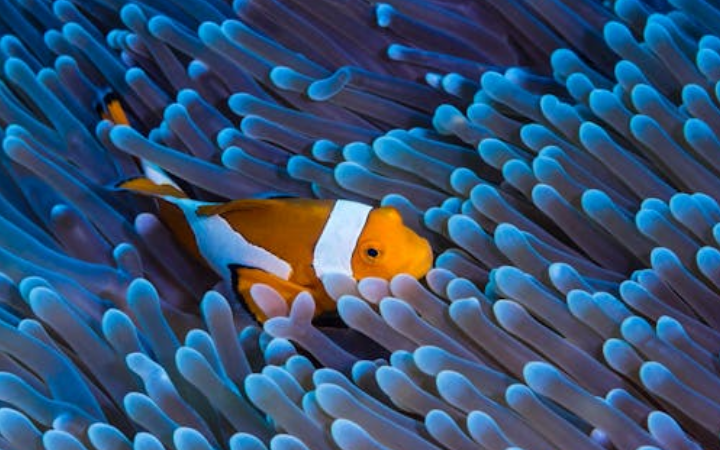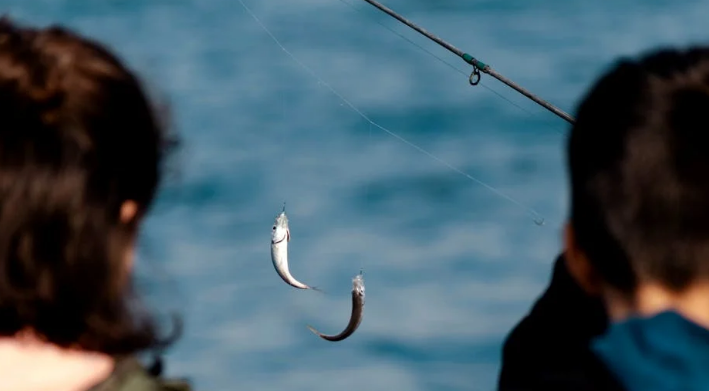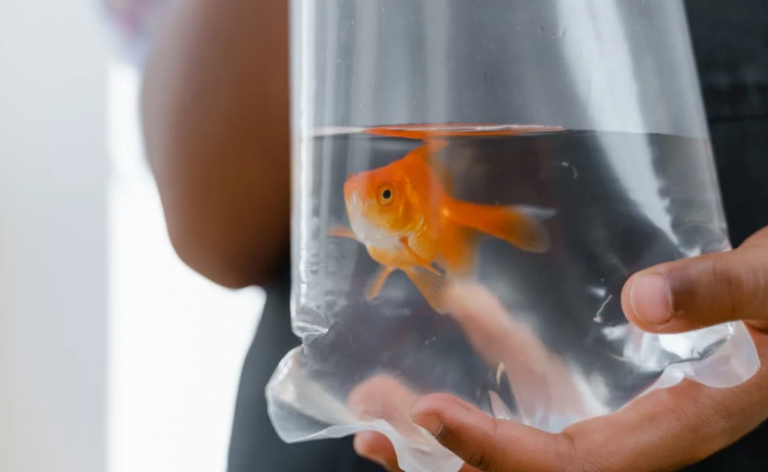The simple answer is yes, fish can choke. While it might seem surprising because fish have gills and live in water, choking can still happen. The process and reasons behind it are different from humans, but the risk is real. Let’s dive into this topic to understand how and why fish can choke, what happens during choking, and what can be done to prevent it.
How Fish Breathe and Eat
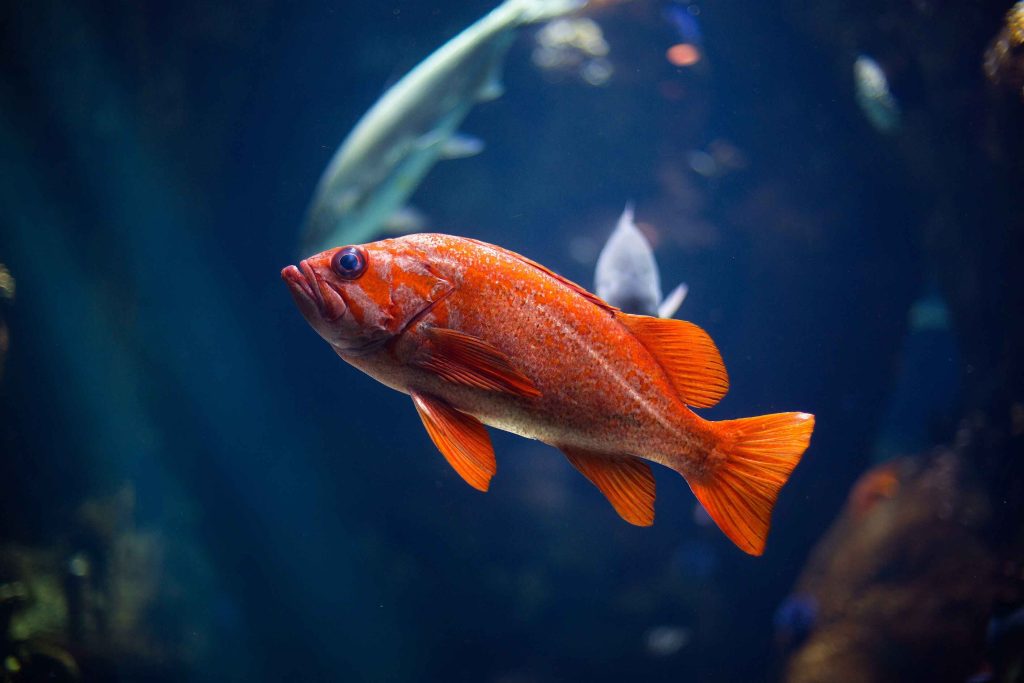
To understand how fish can choke, it’s important to know how they breathe and eat. Fish breathe by taking water into their mouths and forcing it out through their gills. The gills extract oxygen from the water and expel carbon dioxide. This process is continuous and vital for their survival.
Fish Feeding Mechanism
Fish eat by opening their mouths and sucking in food along with water. The food is then directed to the digestive tract while the water passes over the gills. Fish have various ways of feeding depending on their species. Some fish are filter feeders, some are predators, and others are grazers.
Gills and Food Passage
The gills play a crucial role in breathing and preventing choking. They act like a sieve, allowing water to pass through but trapping food particles and directing them towards the digestive tract. However, this system can sometimes fail, leading to choking.
Causes of Choking in Fish
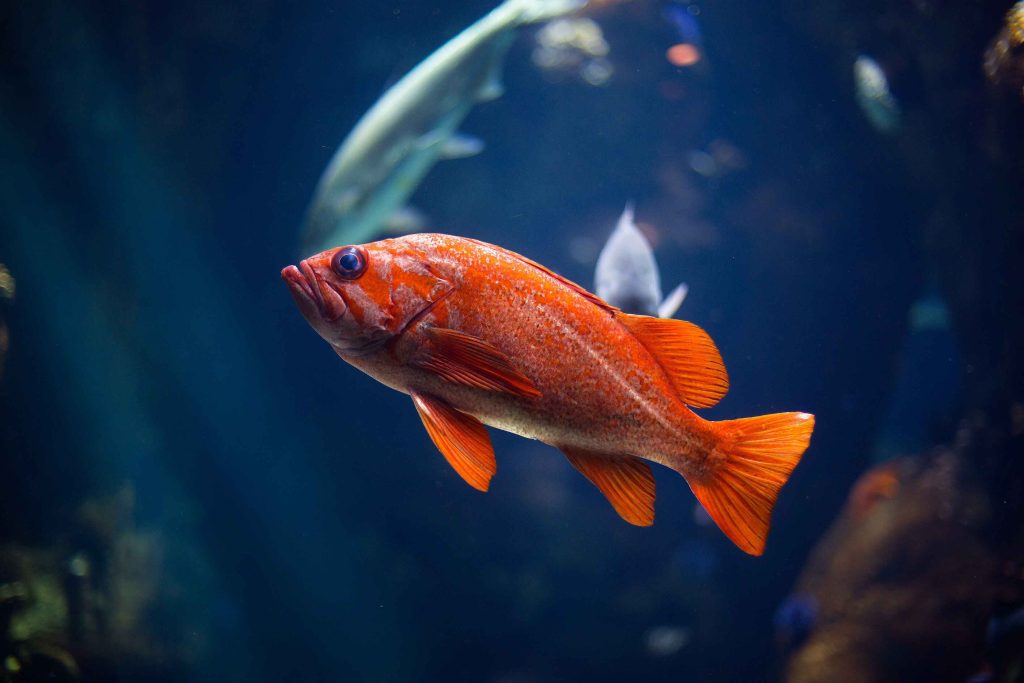
Large Food Particles
One of the main reasons fish choke is trying to swallow food that is too large. Unlike humans, fish cannot chew their food to break it down. If a fish attempts to swallow something too big, it can get lodged in its throat, blocking the passage of water and causing choking.
Inappropriate Food Types
Feeding fish inappropriate types of food can also lead to choking. For instance, feeding them hard, dry pellets that expand in water can cause blockage. Fish are adapted to specific types of food based on their natural habitat, and deviating from this can cause problems.
Accidental Ingestion
Fish can accidentally ingest objects that are not food. In a home aquarium, small stones, decorations, or even parts of plants can be swallowed by mistake. These foreign objects can get stuck and cause choking.
Symptoms of a Choking Fish
Identifying a choking fish can be challenging, but there are certain signs to look out for:
Gasping for Air
If a fish is gasping at the surface or showing increased respiratory movements, it could be a sign of choking. This indicates that the fish is struggling to pass water through its gills.
Erratic Swimming
Choking fish may exhibit unusual swimming patterns, such as darting around or staying still at the bottom of the tank. This behavior is due to distress and lack of oxygen.
Swollen Gills
Swollen or inflamed gills can be a symptom of choking. This occurs because the fish is trying to force water through its gills despite the blockage.
What to Do If Your Fish is Choking
If you suspect your fish is choking, there are a few steps you can take to help:
Observe Closely
Monitor the fish closely to confirm that it is indeed choking and not suffering from another issue such as disease or poor water quality.
Remove the Obstruction
If you can see the object causing the choke and it is accessible, you may attempt to remove it gently with tweezers. This should be done with extreme care to avoid injuring the fish.
Consult a Veterinarian
If the choking persists or you are unable to remove the obstruction, seek help from a veterinarian who specializes in fish. They have the tools and expertise to handle such situations.
Preventing Choking in Fish
Preventing choking is crucial for the health and safety of your fish. Here are some preventive measures:
Proper Feeding Practices
Ensure that the food you give your fish is appropriate for their size and species. Break down larger pieces into smaller, manageable sizes to prevent choking. Avoid feeding dry pellets that can expand in water.
Clean Tank Environment
Keep the aquarium clean and free of small objects that fish can accidentally ingest. This includes removing any broken decorations, small stones, or uneaten food particles.
Regular Monitoring
Regularly observe your fish for any signs of distress or unusual behavior. Early detection of potential problems can help prevent choking and other health issues.
Conclusion
While fish choking might not be a common concern for many aquarium owners, it is a real risk that can have serious consequences. Understanding how fish breathe and eat, recognizing the causes and symptoms of choking, and knowing what steps to take in such a situation are essential for ensuring the well-being of your aquatic pets. By following proper feeding practices, maintaining a clean tank environment, and monitoring your fish regularly, you can significantly reduce the chances of choking and keep your fish healthy and happy.
In summary, yes, fish can choke, and it’s essential for fish owners to be aware of this possibility. Proper care, vigilance, and a good understanding of your fish’s needs can help prevent such incidents, ensuring that your fish lead a safe and comfortable life in your care.

